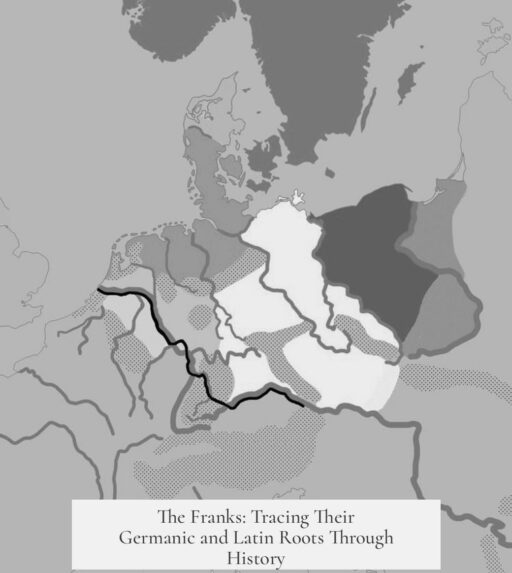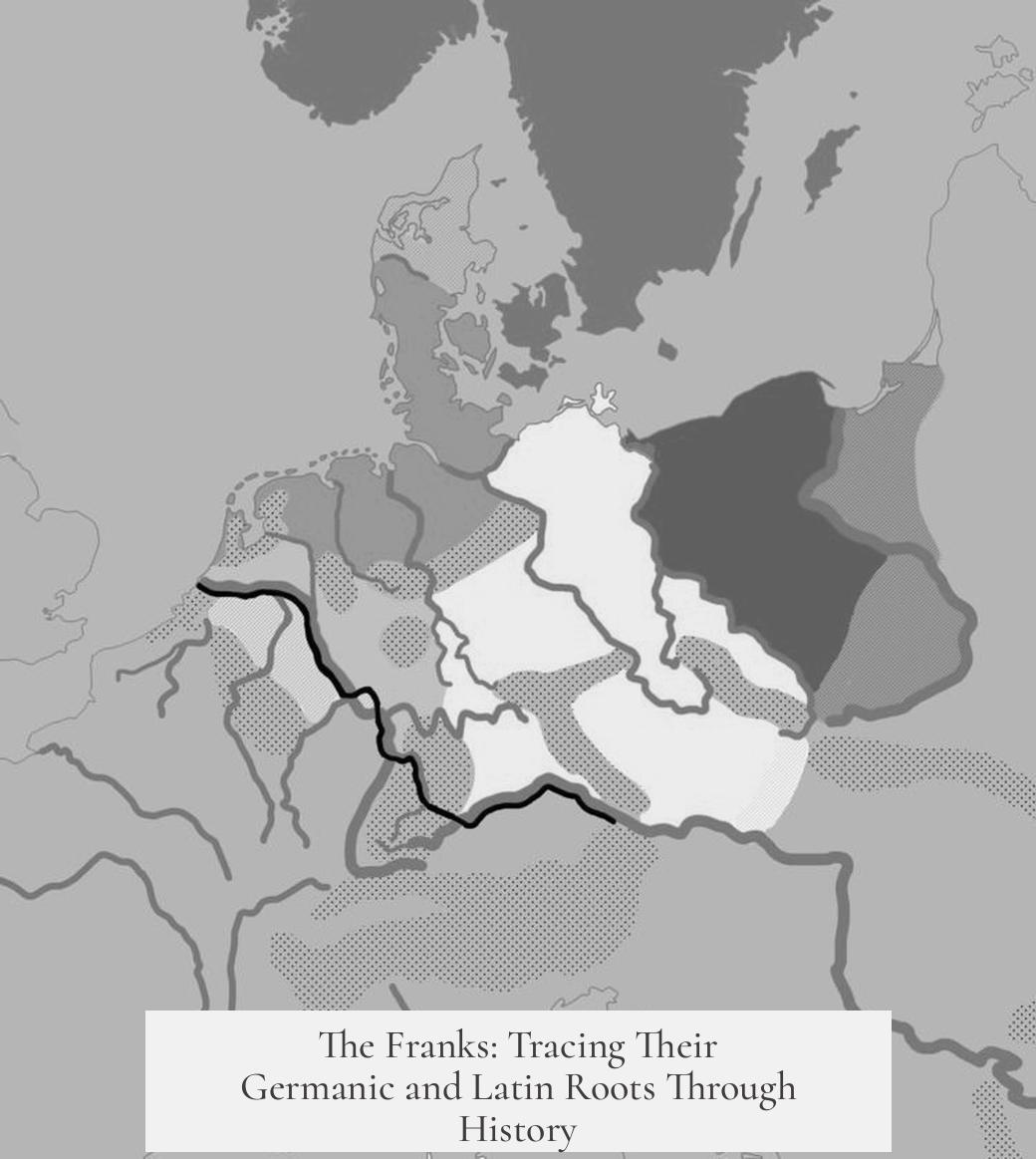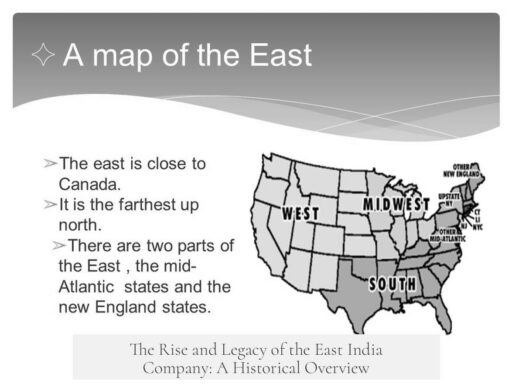The Franks were originally a West Germanic people who, over time, culturally and linguistically split into Latin (French) and German groups due to their settlement patterns and interaction with the Roman Empire.
The Franks emerged near the Lower Rhine, around what is now southern Netherlands. They consisted of West Germanic tribes such as the Salians and Ripuarians. Roman records from the 3rd century AD recognize them as Germanic tribes living in the region called Germania Inferior. This confirms their initial ethnic identity as Germanic.
As the Franks moved into Roman territories, they encountered a prolonged period of cultural assimilation. Many Frankish groups served as foederati in the Roman army and settled within the empire, especially in areas like Toxandria in 358 AD. Through this close contact, the Franks adopted Christianity and Roman legal and social traditions.
Their initial pagan beliefs gave way to Latin Christianity by the early 6th century, notably under King Clovis I around 511 AD. This religious change marked a significant step in their integration with Roman culture.
The linguistic evolution parallels this cultural process. The original Frankish language was a West Germanic tongue closely related to early forms of Dutch and German. When the Franks established rule over Gaul (modern France), their language gradually merged with the Latin spoken by the local Romanized population. This fusion led to the development of Old French, a Romance language derived from Latin but influenced by the Frankish tongue.
The process of Latinization was gradual and shaped by social interaction. By the 9th century, a clear linguistic divide appeared along former Roman borders. The Franks in West Francia increasingly spoke Romance languages like French and Occitan. In contrast, those in East Francia preserved their Germanic languages. This bifurcation ultimately gave rise to the French and German linguistic and cultural identities known today.
Regionally, Frankish identity shifted markedly. In Gaul, Frankish rulers and populations adopted more ‘French’ culture, reflecting their Roman heritage. Meanwhile, in Germany, Frankish descendants maintained Germanic customs and language. By around 900 AD, the differences were significant, influencing the development of states such as the Kingdom of France in the west and the Holy Roman Empire in the east.
| Aspect | West Francia (France) | East Francia (Germany) |
|---|---|---|
| Language | French (Latin + Frankish influences) | Germanic languages (Frankish evolution) |
| Culture | Latinized, Christian Roman traditions | Germanic, maintaining tribal customs |
| Political Outcome | Kingdom of France | Holy Roman Empire and German States |
Historical documents from the 9th century reveal the coexistence and slow replacement of the Frankish language in the west. These scripts often mention the vernacular as either Germanic or “Romanz,” the Latin-derived tongue. Linguistic traces such as loanwords and syntax influences in French highlight the Frankish role in shaping the language during the early medieval period.
The Frankish transition is well evidenced by laws, treaties, and administrative texts reflecting the bilingual or diglossic environment. However, precise dating of when Frankish vanished from western regions remains difficult due to the dominance of Classical Latin in writing.
In sum, the Frankish people are best understood as an originally Germanic tribe that, through conquest and settlement of Roman Gaul, evolved into two distinct cultural and linguistic groups. Those in West Francia became the ancestors of the French people, adopting Latin-based language and customs. Those in East Francia retained their Germanic heritage, laying the foundation for the German people.
- Franks originated as West Germanic tribes near the Lower Rhine.
- They adopted Roman culture and Christianity after settling in Gaul.
- Their language merged with Latin, forming Old French in the west.
- East Frankish groups preserved Germanic languages and customs.
- The Frankish split shaped the development of French and German nations.
Were the Franks Germanic, or Latin (French)? Unpacking a Complex Identity
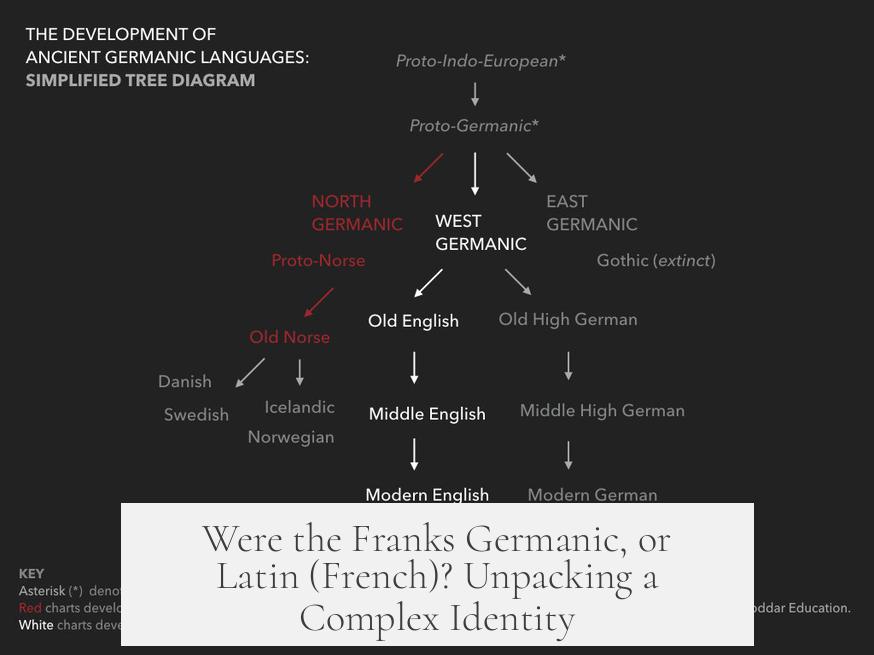
The Franks were originally a West Germanic people who gradually became the cultural and linguistic ancestors of the French, blending their Germanic origins with Latin culture over centuries. This transformation is more than a simple “yes or no” answer—it’s a deep dive into ethnolinguistic evolution and shifting cultural identities. Let’s unravel this fascinating history.
To understand whether the Franks were Germanic or Latin (French), we must start at the beginning.
1. Germanic Roots: Who Were the Franks Originally?
The Franks begin their story as West Germanic tribes. Specifically, they were a loose group of tribes like the Salians and Ripuarians, residing near the Lower Rhine, roughly where southern Netherlands sits today. Roman writers of the 3rd century AD already recognized the Franks as Germanic, living close to the Roman provinces of Germania Inferior. They were warriors, raiders, but also mercenaries — foederati, meaning allies of Rome, often recruited to fight for the Empire or settle contested borderlands such as Toxandria.
So, strictly speaking, the Franks *started* off clearly as Germanic peoples. Yet, calling them just Germanic doesn’t tell the full story.
2. Cultural Crossroads: Romans, Christianity, and the Frankish Transformation
What happens when a Germanic tribe settles in Roman Gaul (modern France) and rules over a predominantly Roman population? You get cultural assimilation on a grand scale. The Franks spent centuries under the influence of a waning but still culturally dominant Roman Empire. They picked up Latin governance styles, law, and most importantly, Christianity.
The big moment? King Clovis I’s conversion to Latin Christianity around 511 AD. This was a turning point. The Franks shifted from their pagan Germanic roots towards a Christian, Roman-influenced identity. This wasn’t a quick change but a gradual blending of traditions, beliefs, and languages.
3. Language Shift: The Birth of French from Frankish and Latin
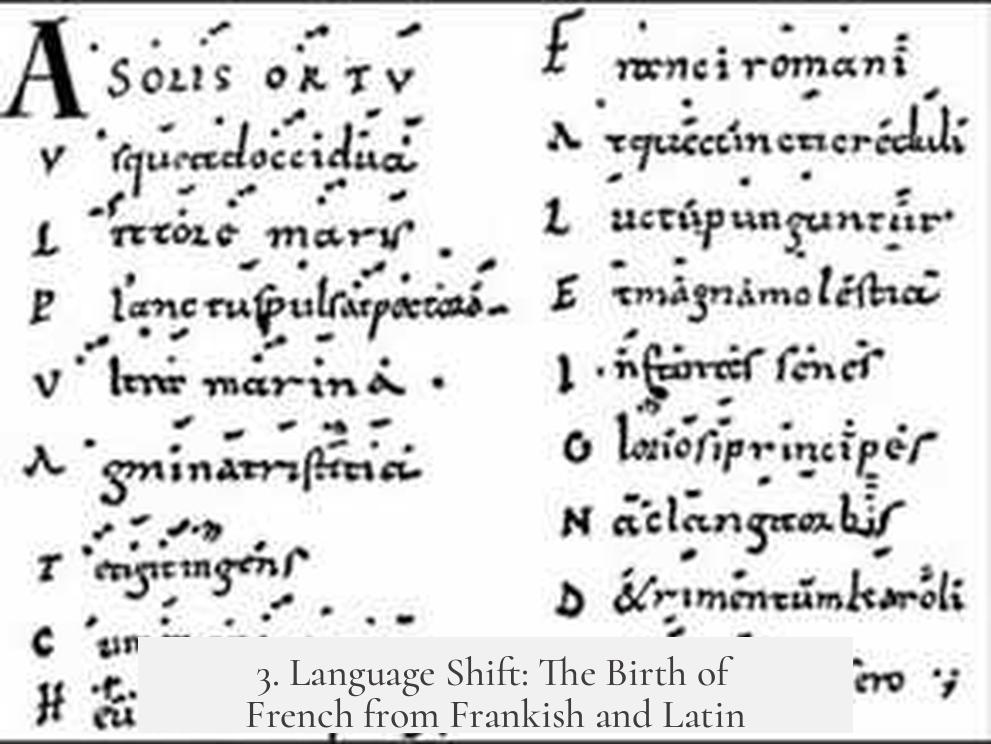
Initially, the Frankish language was a West Germanic tongue, akin to early forms of Dutch. But here’s the twist: in West Francia (roughly present-day France), the Franks ruled over a Latin-speaking population. Slowly the Germanic Frankish language mingled with Latin—the lingua franca inherited from the Romans.
This linguistic fusion took centuries. By the 9th century, the Frankish tongue had mostly faded in the west, replaced by what we call Old French. Some Frankish words, grammar patterns, and pronunciation survived as loanwords or subtle syntax influences inside French.
Meanwhile, Franks who remained in East Francia (later Germany) kept their Germanic languages pure, evolving into the German tongues we know today. So the Franks’ linguistic split maps closely to geography and political realities.
4. Cultural and Political Divergence: Two Paths from One Origin
By around 900 AD, the Frankish world had clearly divided. The West Frankish territories became increasingly Latinized, forming the early Kingdom of France. Their culture, language, and identity shifted towards what we’d now recognize as French. The East Frankish lands retained Germanic customs, evolving into the Holy Roman Empire’s German core and related principalities.
This split was influenced heavily by Roman administrative legacies and the sheer persistence of the Latin-speaking populations against a backdrop of Germanic rulers.
5. Historical Documentation: Language as a Window into Identity
Medieval documents from the 9th century show a fascinating linguistic picture. Records mention people speaking either Germanic or “Romanz” — the Latin dialects evolving into Romance languages like French.
The boundary of this divide often followed the old Roman Empire’s western border. Although pinpointing exactly when Frankish vanished is tough—due to limited surviving documentation written mostly in Classical Latin—we see strong evidence of coexistence and gradual replacement. Frankish loanwords in legal documents and everyday speech attest to this lingering Germanic influence in French culture.
So, Were the Franks Germanic or Latin (French)?
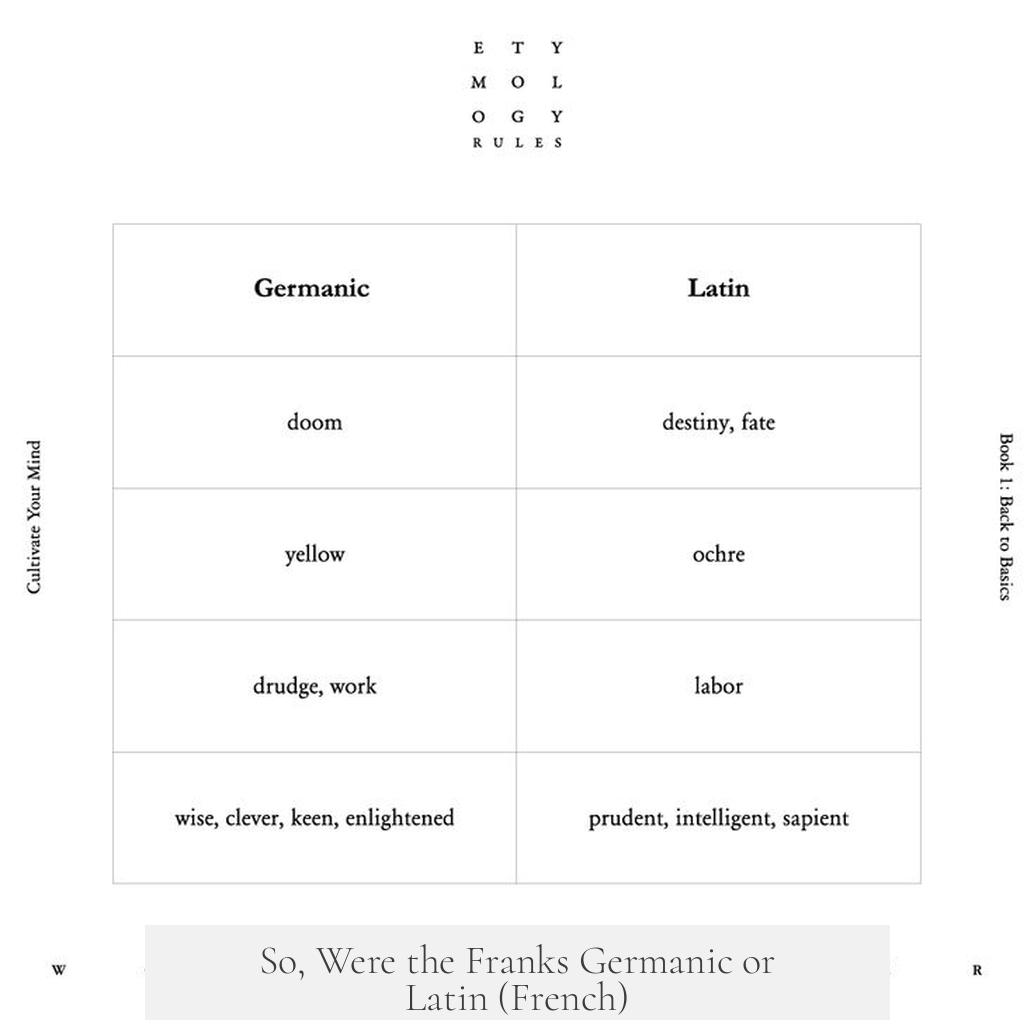
Here’s the juicy conclusion: the Franks began as Germanic tribes but became culturally Latinized in the west, giving rise to French language and culture, while those in the east remained Germanic. This dual legacy is central to European history.
Think about it this way: The Franks planted their roots firmly in Germanic soil, but over centuries, the West Frankish branches grew into the French oak we know today. The Germano-Roman interaction was less like a takeover and more like a dance, weaving together two worlds that created new identities.
Why Does This Matter?
- Understanding the Franks’ dual identity helps explain the origin of two major European cultures: France and Germany.
- It provides a clear example of how ethnic and linguistic identities change over time through interaction.
- It challenges simplistic categorizations—urging us to see cultural history as dynamic.
- For language lovers: French is not a pure Romance language but carries a legacy of Germanic influence thanks to the Franks.
A Fun Comparison
Imagine two siblings with the same Germanic parents but raised in very different neighborhoods: One in a Latin-speaking Roman villa that teaches manners and Christianity, the other in a rugged Germanic forest preserving traditions of old. Over time, these siblings develop distinct accents, clothes, even habits, though sharing a bloodline.
This is essentially the Frankish story. French and German can be seen as cultural cousins, with roots tangled in Frankish soil but branches pointing in different directions.
Final Recommendations if You Want to Dive Deeper
- Explore medieval legal texts from the Frankish period to see linguistic shifts in action.
- Look into the history of King Clovis I and his role in the Frankish Christianization.
- Compare the evolution of Old French and Old High German to understand language divergence.
So, next time someone asks, “Were the Franks Germanic or Latin (French)?” you can confidently say: They were both—starting Germanic and evolving into French through centuries of cultural blending.
Were the Franks originally a Germanic tribe or Latin (French)?
The Franks were originally a West Germanic people living near the Lower Rhine. They were a group of Germanic tribes early attested by Romans in the 3rd century AD. They were not Latin or French initially.
How did the Frankish language influence the development of French?
Their Germanic language mixed with Latin spoken by Romans in Gaul. This blend evolved into Old French over centuries, especially after the Franks adopted Christianity and Roman culture.
Did all Frankish groups become French speakers?
No. Those who settled in West Francia became Latinized, adopting what became the French language. Frankish groups in East Francia retained Germanic languages, laying foundations for German culture.
What role did Roman culture play in Frankish identity?
Roman culture and Latin Christianity heavily influenced the Franks in Gaul. This caused them to adopt Roman governance, religion, and eventually Latin-based language, transforming their original Germanic identity.
Is there clear historical evidence of this linguistic shift?
Medieval documents show Frankish coexisted with Latin-based languages, gradually being replaced in the West. Linguistic traces in French confirm Germanic influence from Frankish rule, but exact timing is unclear.
